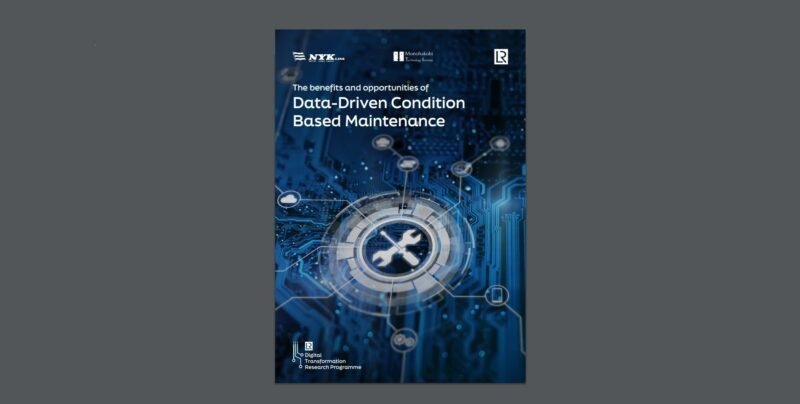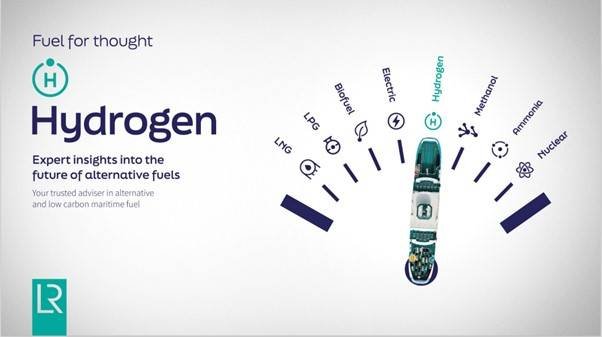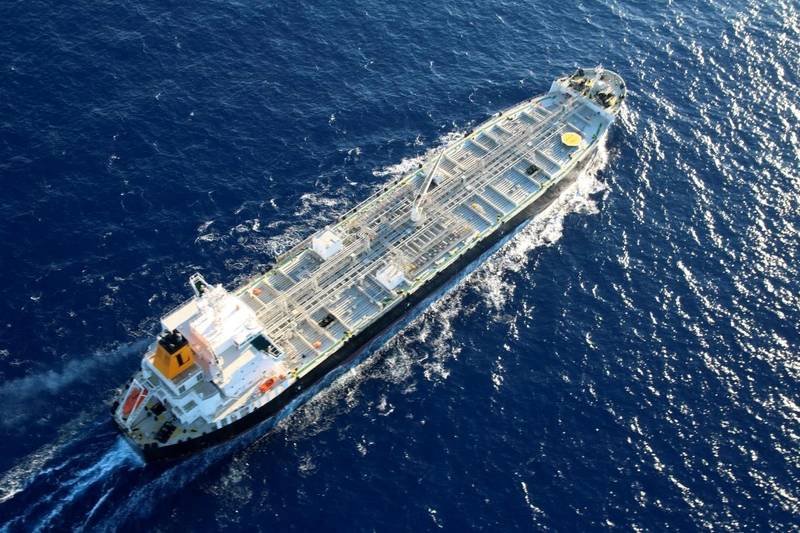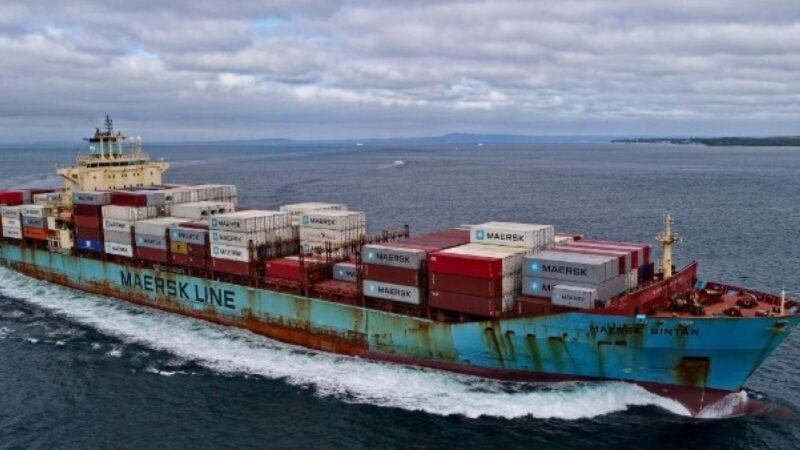A recent research report jointly published by NYK Line and Lloyd’s Register has shed light on the potential benefits of Data-Driven Condition-Based Maintenance (DCBM) in enhancing vessel efficiency and reliability within the maritime industry. The report, available as a white paper, delves into how DCBM processes utilizing advanced analytical models can lead to increased equipment availability, reduced downtime, and lower maintenance costs. It also outlines the challenges that must be overcome for successful implementation.
The report identifies four key challenges that shipowners need to address in order to fully realize the advantages of condition-based maintenance. These challenges include imprecise maintenance and inspection checklists, deviations from scheduled maintenance, undefined criteria for identifying hazardous operating conditions, and the need for effective strategic responses to system failures. Hideyuki Ando, Director of MTI at NYK Group, expressed excitement about the collaborative effort to explore the opportunities and challenges of DCBM.
The report advocates for industry stakeholders, including Original Equipment Manufacturers (OEMs), to explore the potential of DCBM technologies beyond safety enhancements. Embracing a data-driven approach and prioritizing analytics-driven maintenance can lead to competitive advantages, cost reductions, and operational excellence in maritime activities. Luis Benito, Strategic Business Partner at Lloyd’s Register, emphasized the importance of adapting to new global demands in the maritime sector, driven by decarbonization and digitalization, and highlighted the role of technologies like DCBM in enhancing safety and protecting investments while reducing operational expenses.


















